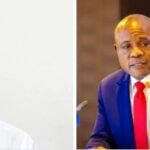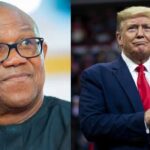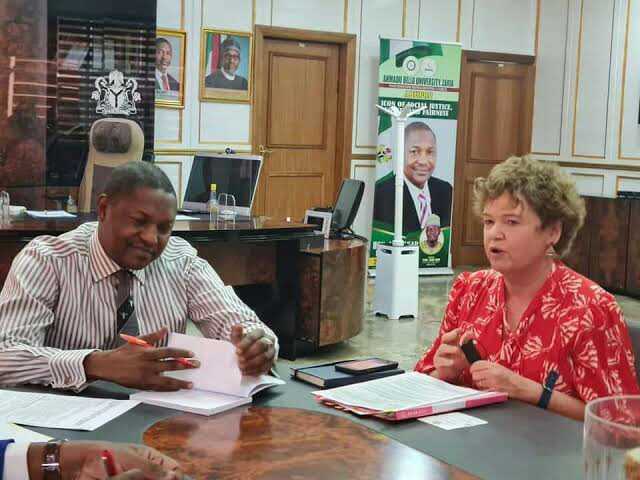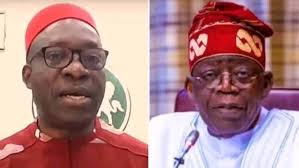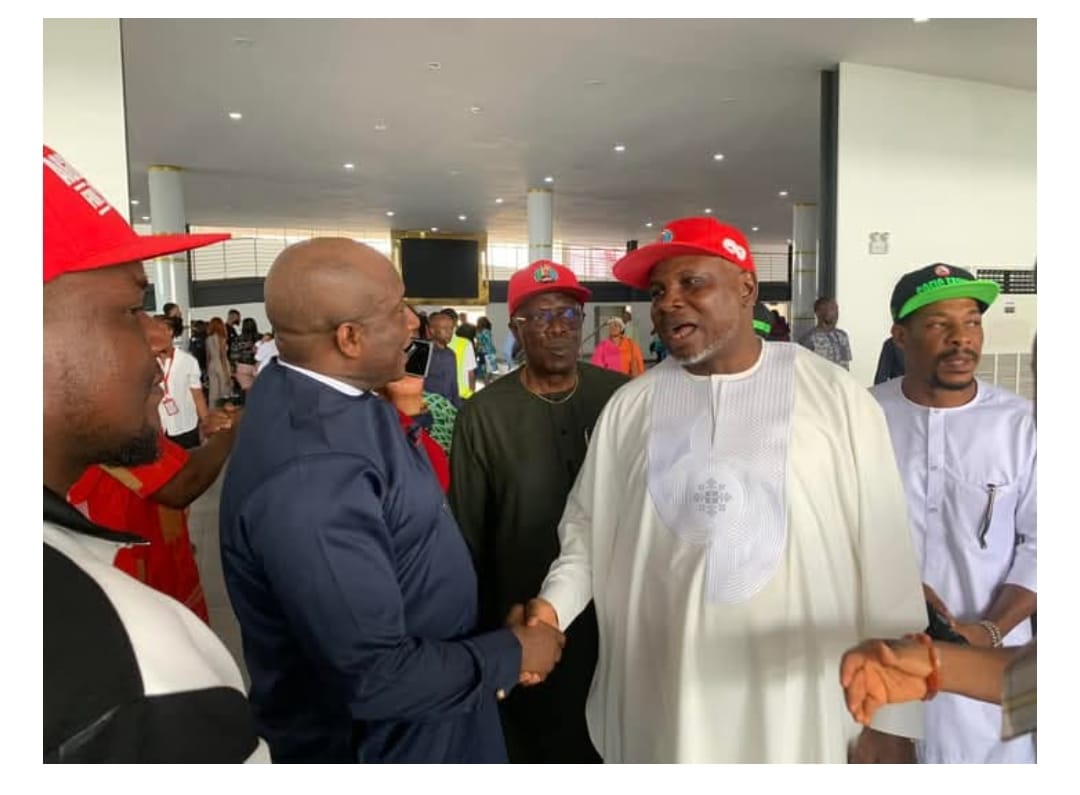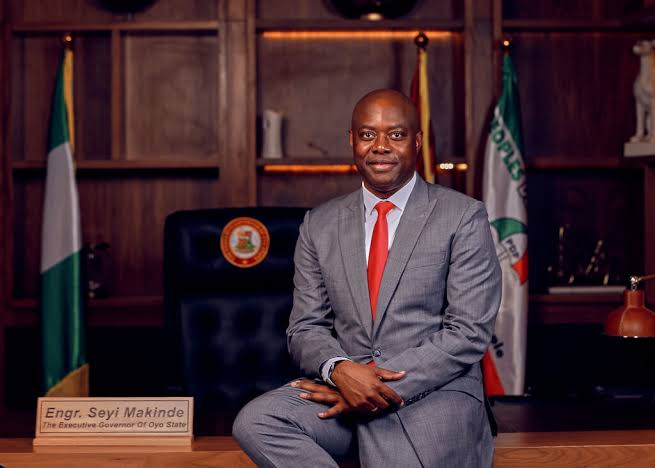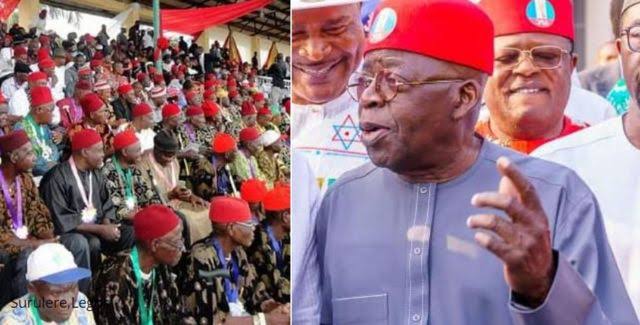Abubakar Malami, attorney-general of the federation (AGF), rejected a move by Catriona Laing, UK high commissioner to Nigeria, to discuss the arrest of Nnamdi Kanu, Biafra separatist leader, when they both met on Thursday, TheCable understands.
Kanu, who is also a British citizen and leads the Indigenous People of Biafra (IPOB), was repatriated to Nigeria this week after evading arrest for almost four years.
He was mostly in the UK from where he runs Radio Biafra, IPOB’s radio station with which he often engages in fierce monologues preaching his separatist cause.
Dean Hurlock, a spokesperson of the British High Commission, had earlier told TheCable that the UK is “in the process of seeking clarification” from the federal government regarding his arrest.
But the UK’s move to weigh in on the matter hit a brick wall when Malami hosted Laing in Abuja.
TheCable learnt that the British high commissioner to Nigeria raised the issue of Kanu’s arrest, but the minister quickly rebuffed her.
A source familiar with the matter said he told Laing that matter was “not part of the agenda and we’re not going to discuss it”.
There is little official information about Kanu’s arrest other than Malami’s statement that the IPOB leader was “intercepted through the collaborative efforts of Nigerian intelligence and Security Services”.
However, TheCable learnt that the separatist leader was lured to an African country with a promise of cash donations and was then picked up.
Security sources informed TheCable that he was tracked through some members of IPOB who were recently arrested following a massive military operation in the south-east.
His trial for alleged terrorism, treasonable felony and illegal possession of firearms is scheduled to resume at the federal high court in Abuja on July 26.
Other highlights of the meeting between Malami and Laing, according to Umar Gwandu, the minister’s spokesman, was the former’s insistence that Nigeria was right to ban Twitter.
The ban was triggered in part by how Kanu used the microblogging platform to often attack Nigeria and the federal government during his frequent broadcasts about the Biafra agitation.
The minister was quoted as saying that Nigeria’s interest is paramount above other considerations, and that, “if you want to operate as a business entity in Nigeria, you must do so within the context of Nigerian laws”.
The duo also discussed bilateral issues on asset recovery, anti-corruption crusade, amendment of the electoral act, counter-terrorism efforts and the petroleum industry bill, which the national assembly passed on Thursday.

